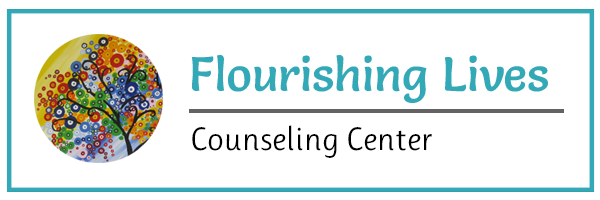Helping children means helping parents.
Parents are the natural supports and guides for their children. If you as a parent are concerned about your child, we are here to help you:
- Figure out what the problem is
- Come up with an excellent plan to address it
- Provide ongoing support and adjustment of the plan depending on how things go
- Work together as a coordinated team with your partner
- Manage your own emotions about the problem in a constructive way
- Come to a place where you feel good about how your child is doing, and are confident you can handle parenting them well
Our Approach
Our approach is based on the latest research information about brain development, which prioritizes a secure, healthy relationship between you and your child as the foundation for everything else they need and learn in life. This element remains most essential no matter what you and your child may be facing. Some common issues we often help with include:
- Trouble adjusting to changes such as death, divorce, remarriage, or moving
- Trouble with peers, learning, or teachers at school
- Trouble cooperating and getting along at home
- Depression (unmotivated, sad, hopeless, crying, irritable, sleep problems, isolating)
- Anxiety (fearfulness, worries, needy for reassurance, clingy, acting younger, repetitive actions or words)
- Anger (refusal, defiance, verbal or physical aggression)
Trauma in Children
Trauma can result in a wide range of symptoms, including many of those listed above, and more. Yet it is often overlooked or misunderstood because the child’s perspective is so different from an adult’s perspective. Examples of experiences that may traumatize children include a difficult birth, a parent’s illness or absence, painful medical procedures, a bully at school, automobile accidents, sexual abuse, a home invasion, the threat of a tornado or school shooting. We are mindful that all foster and adopted children have experienced some level of attachment trauma, and parenting a child with these issues is often painful and challenging. All of our child therapists have specialized training to be able to facilitate healing for traumatized children while supporting the development of a secure attachment relationship with you. Furthermore, many of our trauma-specific treatments can be adapted to help children in playful and developmentally appropriate ways, including EMDR and somatic experiencing. We provide compassionate and knowledgeable assistance so that you and your child can work through the pain, fear, and grief of trauma together to recover safety, security, and joy.
What should I tell my child about coming to therapy?
We suggest a message along these lines: “We have noticed that you have been feeling sad/worried/angry a lot lately and we want to help you with that. Do you know how if your body is hurting, we take you to the doctor? We are going to talk to a feelings doctor, someone whose job it is to help figure out how you can feel better. There won’t be any shots, just talking and playing.”
What if my child refuses to come?
In this case, it is best to come by yourself for the first appointment. Your therapist will get to know you, hear your concerns about your child, and provide you with support and guidance from there.
How will I be involved in the therapy for my child?
This is something that we tailor to the particular needs of your family. Generally speaking, the younger the child, the more involved the parents will be. Often we utilize a combination of approaches, including some individual therapy time with your child; family therapy time with all members together; and parenting support therapy for parents alone.
Call or text us today at (331)229-3123, or email help@flourishinglivescounseling.com Parenting is one of the hardest, most important jobs in the world. Connect with a knowlegeable and compassionate professional for support and guidance.
Our Resources page has some of our favorite parenting & child-related recommendations.

